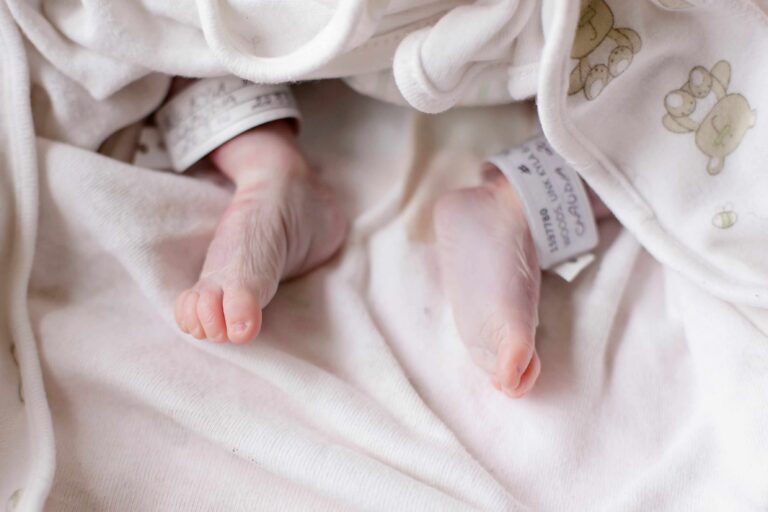For parents who experience early miscarriage, there may not be any physical evidence of the baby.
When miscarriage occurs later in pregnancy, parents may have the opportunity to see and touch their baby. This will depend on the type of miscarriage you experienced and how developed the baby was when the miscarriage occurred.
Some ways parents have created memories of their baby include:
- Deciding what gender your baby was (if unknown);
- Naming him or her;
- Inviting extended family and friends to participate in a memorial occasion to acknowledge your baby;
- Conducting a ceremony of significance for their culture or belief, appropriate to your culture or belief, to acknowledge your baby;
- Planting a shrub or tree in memory of your baby, perhaps one that flowers around the time of the expected birth date or another significant time;
- Keeping a journal or diary to write about your baby, the hopes and dreams you had and the things you would have done together;
- Writing poetry and about your experience of loss;
- Drawing the image you have of your baby, or having an artist professionally draw your baby from a description and possibly from photos;
- Collecting any early ultrasound pictures, medical reports and papers, arm brands, etc. from their hospital admission;
- Sending cards, or writing to family and friends letting them know what has happened;
- Choosing a piece of jewellery, e.g. a locket on a chain, a bracelet, a birthstone or ring engraved with your baby’s name or initials;
- Choosing a special painting, book or ornament to place in your home in memory of your baby;
- Placing a memorial to your baby in the personal notices section of a newspaper;
- Creating a birth, name giving or memorial certificate, which can be displayed at home or kept in an album with other mementos;
- Some families gather memories of their baby over weeks, months or years;
- You may like to set up a memorial webpage.
Treasured Babies Program
The Treasured Babies Program aims to acknowledge and honour the life of newborn babies who have died, regardless of their gestational age and to support bereaved parents in a practical and tangible way.
What others who have come before you have said
“You know, I’ll never forget this miscarriage.
I might not tell other people but I will remember.”
At Red Nose, we support families who have experienced any type of pregnancy loss, including, but not limited to; IVF loss, chemical pregnancy, missed miscarriage, Termination for Medical Reasons (TFMR, sometimes referred to as a Compassionate Termination or Medically Advised Termination), ectopic pregnancy, and molar pregnancy. To access our specialised bereavement support including: counselling, peer support programs, support groups, and resources tailored to individual needs, click here.

Did you find this helpful?
Good job! Please give your positive feedback
How could we improve this post? Please Help us.

